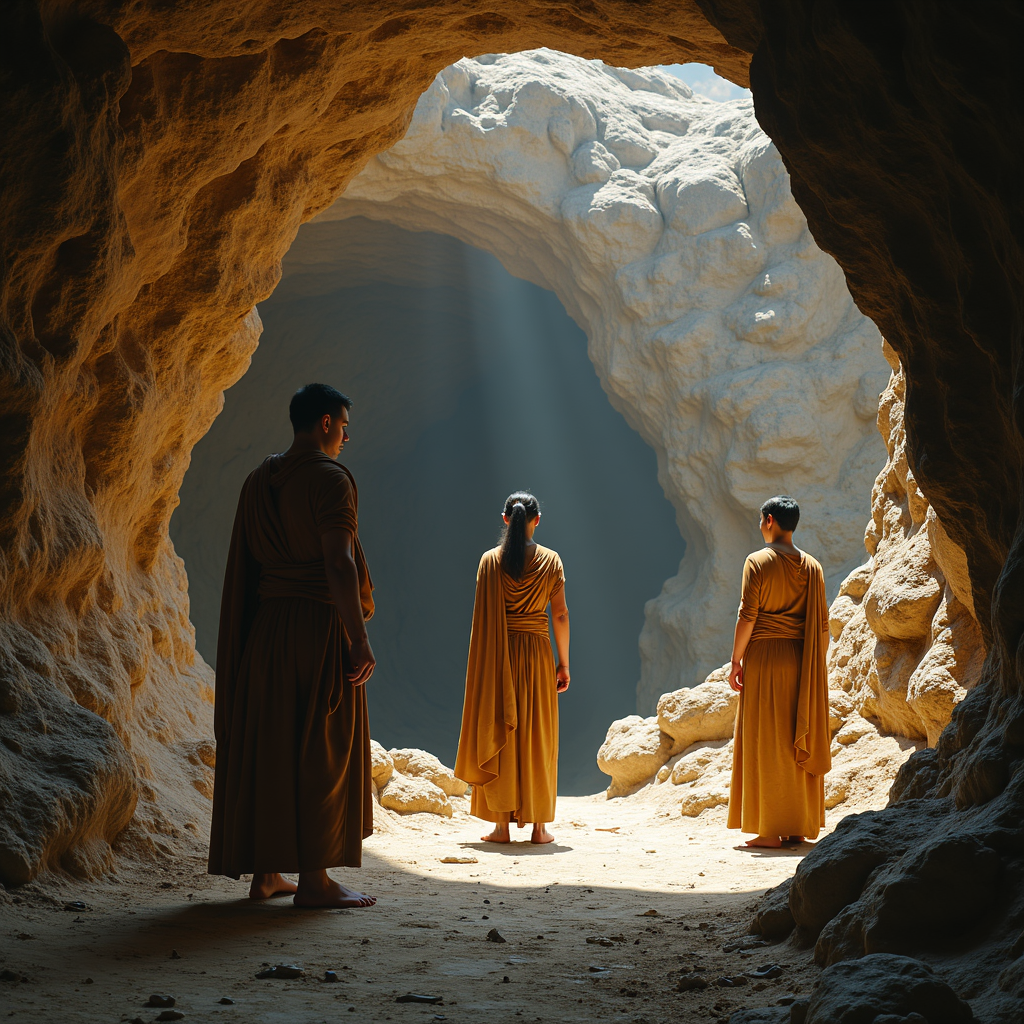Genesis 19:30-38 is a story about Lot and his daughter which spark controversy and discomfort. After the destruction of Sodom and Gomorrah, they fled to the mountains and settled in caves. Fearing their lineage would end because there were no more men to marry. Lot’s daughters made their father drunk on successive nights and had sex with him, resulting in both becoming pregnant. In order to understand their actions, we need to consider historical, cultural, and psychological factors.
For Lot’s daughters, their mother’s death and the destruction of their city left them isolated, with no chance of getting married or continuing their family in the ancient Near Eastern context. According to the text, they didn’t think anyone would come in to them (Genesis 19:31), which reflects their perception of total desolation. Especially in patriarchal societies, where family legacy was tied to survival and honor, these actions may have been driven by a desperate need to preserve their father’s line.
Psychologically, their actions can be seen as a response to trauma and survival instincts. After seeing their home destroyed and their mother die, they were probably scared and uncertain. The girls’ decision to intoxicate Lot and commit incestuous acts may reflect a distorted sense of duty shaped by their circumstances, even though it’s morally reprehensible by modern standards. This narrative focuses less on moral judgment and more on illustrating the chaos that followed Sodom’s fall.
This story highlights human frailty and the consequences of living in a fallen world. I see it this way. Lot’s moral compromise in Genesis 19 by living in Sodom and then offering to give his daughters to the mob who were there for the Angels visiting him. Which sets up everything that follows. In dire situations, moral ambiguity and desperation can arise, so the daughters’ actions mirror that. It seems there’s a greater divine purpose in allowing the story to unfold, perhaps to show God’s ability to work through human brokenness. Moab and Ammon become ancestors of nations later interacting with Israel, suggesting the story has a broader divine purpose.
Since this text has ethical implications, modern readers often have trouble reading it. It’s important not to look at it as an endorsement of the daughters’ actions, but rather as an account of human behavior in extreme circumstances. The story invites reflection on the complexities of survival, cultural pressures, and the consequences of isolation. These uncomfortable narratives help us better understand the Bible’s unflinching portrayal of humanity’s flaws and the redemptive possibilities that emerge from even the darkest times.

